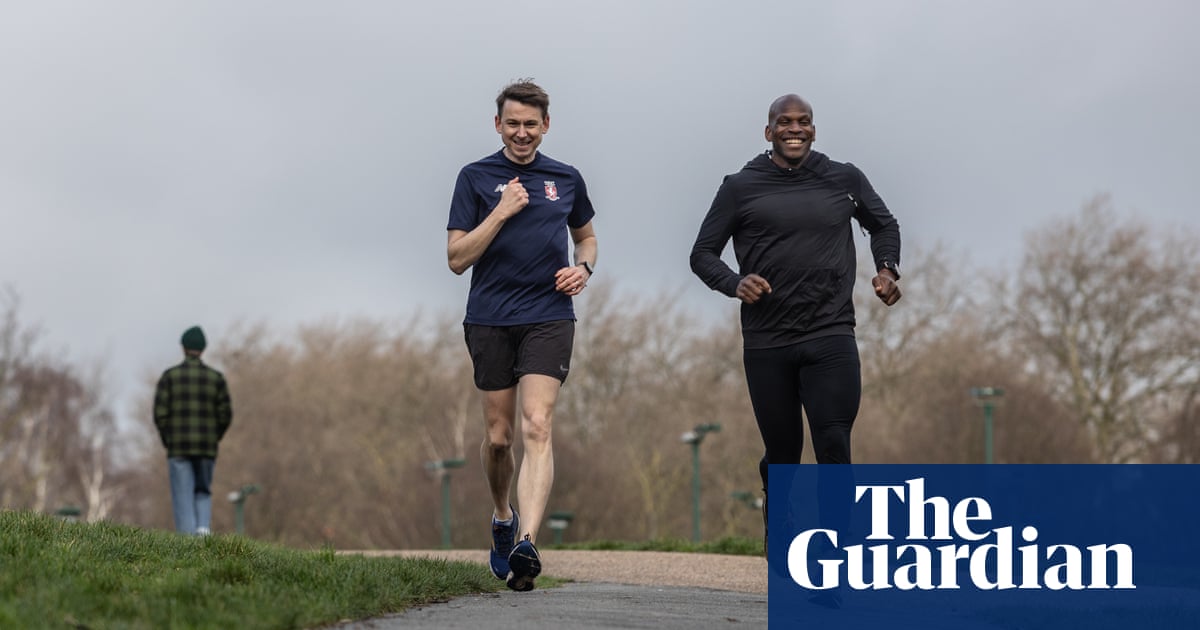
Soraya Ameri’s premature baby daughter had been whisked off to an incubator and the new mother was lying down, exhausted and sore from her stitches, when the shooting started.
Gunmen – dressed in police uniforms – had stormed the maternity ward of a hospital in Kabul, Afghanistan, where Ameri had just given birth. She was bundled into a safe room with others, one woman next to her in labour, but her baby was outside.
“She was out there with the terrorists. I was sure one of the bullets had hit her,” she said quietly.
It was another day before Ameri found out if her newborn had survived last Tuesday’s attack on the MSF-run hospital in which 24 people died, 15 of them women who had just given birth; a further 20 – including newborn babies – were injured. Two women were shot dead in the delivery room and another died beside an incubator shielding her baby, who survived.
“Everything passed in a blur, but I remember being shoved into a safe room, together with about 20 other people. They locked the door, motioning for us to stay silent,” the 19-year-old said.
Ameri said she sat silently and counted the gunshots. She lost hope for her child.
It had only been a year since she had left her native Bamyan – a peaceful province high in the Hindu Kush mountains – to come to Kabul to marry her cousin Hussain, a 20-year-old student. Ameri’s parents thought their daughter would have better opportunities in the city – and future grandchildren the chance for a good education.
When her contractions began the evening before the attack, Ameri was scared. Pregnancy had been difficult in the small room the couple shared with Hussain’s parents.
At sunrise she and Hussain had climbed down the hill from the house to hail a taxi for the 20-minute drive to the hospital. Hussain had to wait outside. In Afghanistan, it is uncommon for fathers to attend births, and fears of coronavirus had closed the clinic’s doors to outsiders.
Ameri made friends with the other women on the ward. “We talked about motherhood and about giving birth. We shared our fears and the physical pain we were experiencing,” she said. “Later, they shot them dead. I heard everything.
“There was no electricity when we were sitting in the safe room,” Ameri recalled. All she could think about was her daughter: her tiny fingers and button nose, as next to her, another woman gave birth.
“Doctors pressed their hands on the mother’s mouth, pleading with her to not make a sound while pushing out her baby,” Ameri said. “I thought my baby had already died and I would be the next.”
Hours later, after the attackers had been killed by security forces and the surviving babies evacuated to other hospitals, Ameri was rescued. When she found Hussain outside, the young couple embraced in the the street – an unheard-of gesture in public.
Then they began a frantic search through several hospitals, trying to find a baby that she had only seen briefly. Late in the evening, they were told to try Ataturk Children’s Hospital, where 20 of the babies had been taken.
“It was too late to continue our search, so we went home exhausted,” Ameri said quietly. “It was a night of horrors. I lay awake until the sunrise.”
That next morning they found her, with an injured left arm, but otherwise healthy.
“We gave her a name right then; right when we saw her at the hospital. They had removed her bloody clothes and wrapped her in a blanket, but they had left a small tag around her wrist: ‘Soraya’s baby’, it read,” she said. They called her Nasanine.
Last week’s attack has not been claimed by any group, but the US special representative Zalmay Khalilzad blamed Islamic State, calling on Afghans to come together to crush “this menace” and pursue peace rather than “falling into the Isis trap and delay peace or create obstacles”.
The Taliban denied any involvement but Afghanistan’s president Ashraf Ghani called on security forces to take up an “active offensive” position against all militants – including the Taliban – crushing hopes that peace talks could begin soon.
Soraya Ameri is walking outside again. She said she has no choice but to carry on in a country where 40 years of conflict has left high levels of trauma in the population.
In the last week Kabul has been hit by smaller explosions almost every day.
“One day I will tell Nasanine about the day she was born and both of us almost died. But when that day comes I hope we will be living in a peaceful Afghanistan.”












